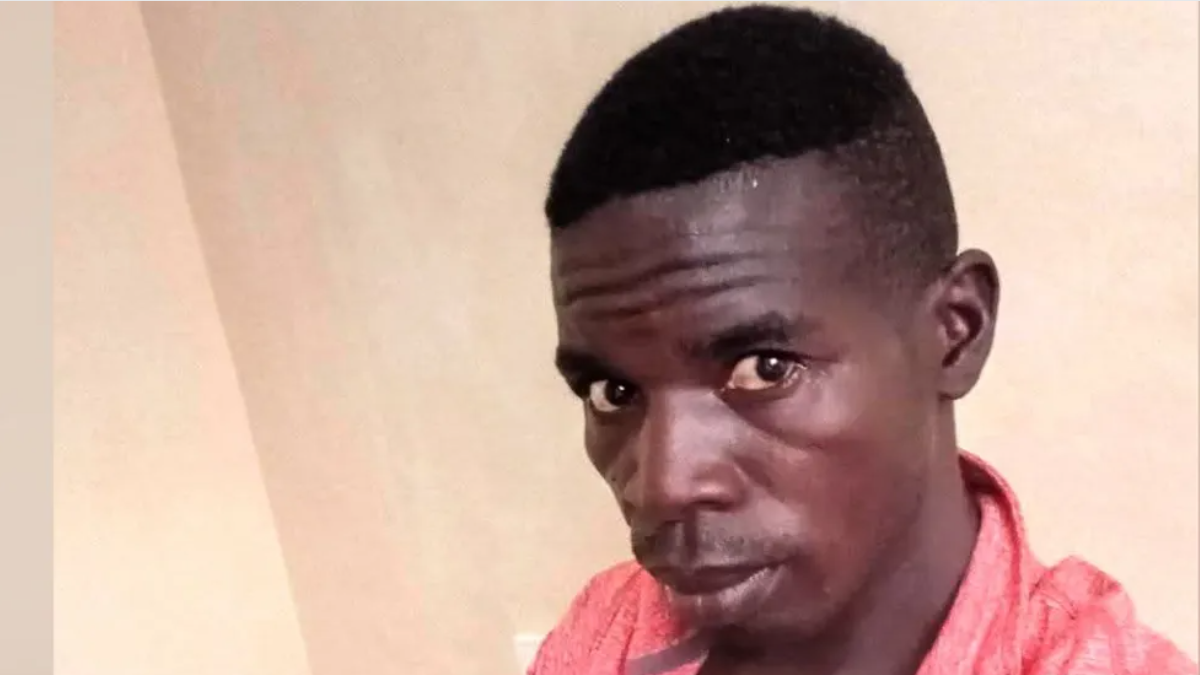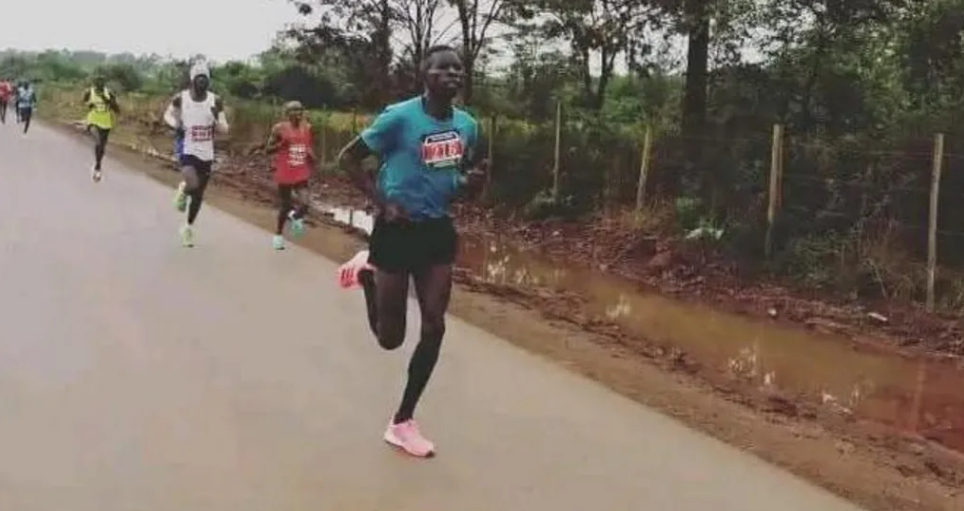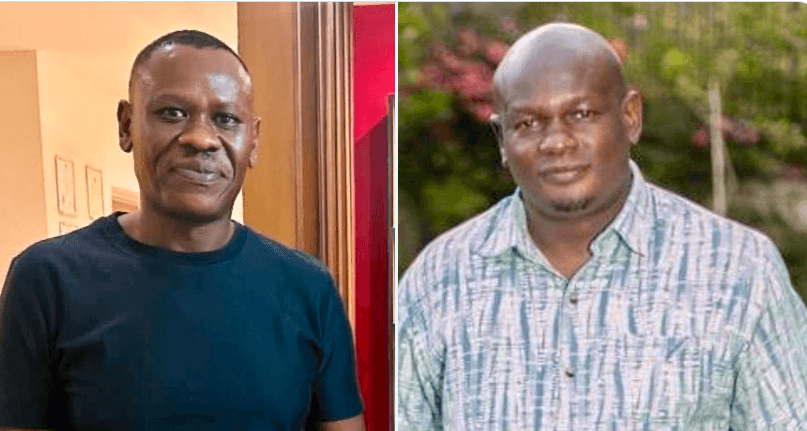
With tears in his eyes, a young Kenyan athlete now captive in Ukraine pleads not to be sent back to Russia.
"I will die there," Evans Kibet says, waving his hands in the air towards the unseen interviewer on the video released on Wednesday by a Ukrainian army brigade.
The 36-year-old prisoner-of-war is wearing a red sports top. The brigade's flag is pinned up behind him.
The aspiring long-distance runner says he was tricked into joining the Russian army and is desperate to go home to see his 16-year-old daughter.
In a Facebook post accompanying the video, the 57th Separate Motorised Infantry Brigade said it was an example of how Russia treats foreign recruits but added that he had "fought on the side of the enemy, so whether to believe the words and tears is up to your discretion".
The brigade said the interview was filmed with Kibet's consent, but the BBC has not verified this. Though recruits from abroad in the Russian army are not unheard of, this is a rare case of a captive foreigner speaking on video.
Citizens of Somalia, Sierra Leone, Togo, Cuba and Sri Lanka , among others, are currently held in Ukrainian prisoner-of-war camps, Petro Yatsenko, Ukraine's spokesperson on the treatment of prisoners of war, told the BBC.
"Most of these individuals come from poorer countries and end up on the Russian side in different ways. Some are deceived – promised jobs at factories – while others join the war voluntarily. It is important to understand that very few are captured alive; most are either killed or seriously injured," he added.
Back in Kenya, Kibet's family and friends are in shock over what they have seen.
After a heavy sigh and a long pause, his cousin Edith Chesoi told the BBC that she had been replaying the video over and over in her head.
"I am so traumatised. I didn't sleep at night. I don't even know what to say."
Kibet's younger brother, Isaac Kipyego, described him as "humble guy and a man with a few words" as well as a pillar and advisor to the rest of the family.
They know him as someone dedicated to his sport.

"I love running, I love running," Kibet says on the Ukrainian video. And it was this that may have led him to becoming an unwitting Russian recruit.
Kibet had built his life around athletics, a sport that has lifted many Kenyans like him from villages to global recognition.
He grew up in a farming family from the Mount Elgon area in western Kenya.
Kibet trained in Iten, the high-altitude town famed for producing Olympians and world champions, but in a competitive field he never reached that status. Instead, he competed in lesser-known 10km and half-marathon road races in Europe and Asia, according to family and friends.
"Kibet has been running since he was a child," his younger brother said. "He's always been talented. Running was his life."
But while the sport defined his identity, it had not delivered the financial breakthrough he longed for.
Friends say Kibet had been struggling financially.
In March, he asked a training partner, Elias Kiptum, to help him race in Poland, but the team that was going was already full.
"I guess that's how he ended up in Russia," Kiptum told the BBC.
When, later in the year, a sports agent offered him a trip to Russia to take part in races, Kibet seized the opportunity. The BBC's calls to the agent to confirm this have not been picked up.
"He was very excited when he told me he was going to race in Russia," Kibet's brother said. "Even I was happy for him. We had high expectations."
His cousin, Ms Chesoi, who escorted him to the bus park on the first leg of the journey at the end of July, said he carried just "a small-sized suitcase".
Kibet told his family he would only be gone for two weeks.
On the video filmed in Ukraine, Kibet says that he went to Russia as a visitor and not for a "military job".
Then, after a fortnight, his host asked him if he would like to stay longer.
"I said: 'Yes, but the problem is that my visa is expired'. He said: 'No, I can do something for you.'" And then he promised Kibet a job.
"In the evening, he came with some papers written in Russian. He told me: 'This is the job I want you to do.'
"I didn't know it was a military job."
Kibet says he then signed the papers and the man took his phone and passport.
"And that is how everything went wrong... that signing ruined my life."













